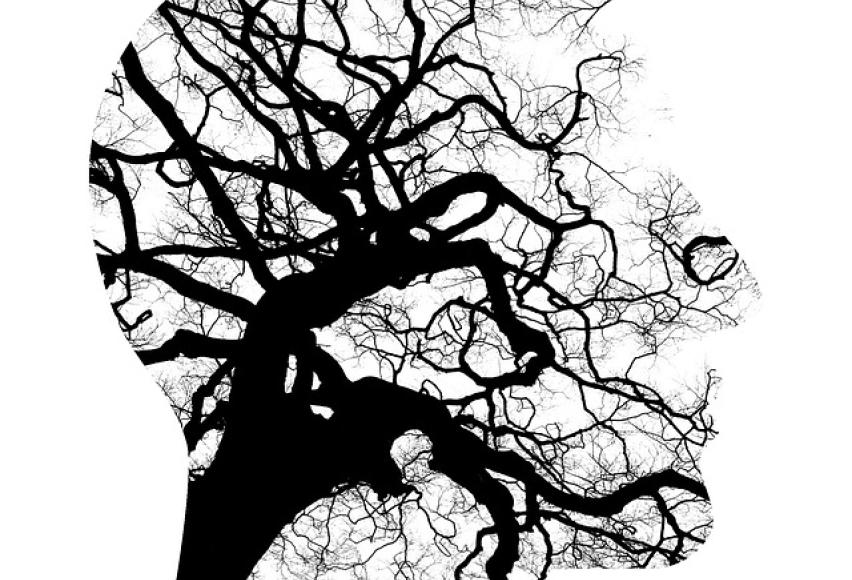Disorder or no?

Online test
Find out the severity of your symptoms with this free online test
A Skinpick.com forum post from January 2019, raised a different view on skin picking that begs reflection. Is excoriation disorder a mental health disorder if it is a stimulative behavior?
What qualifies as a disorder?
The classification of a physical or mental condition as disordered depends on several variables. One part of the definition of “disorder” is that the condition or behavior causes functional impairment or distress. Therefore, if someone engages in behaviors that seem odd or abnormal to others, it may not cause the person engaging in them distress. Odd or different does not automatically mean disordered. Therefore, someone who picks at their skin often, but is not bothered by it nor do they experience distress, would not meet criteria for the disorder. Functional impairment refers to the behavior taking precedence over other areas of life. For example, if someone who engaged in skin picking for so many hours per day that it makes them late for work or causes them to isolate socially or interferes with sleep, then it may qualify as a disorder. Without distress or impairment, there is no disorder. However, if someone presents for treatment because of skin picking, then the assumption is that distress or impairment results because the person is asking for help. 
From a clinical perspective, a diagnosis serves a descriptive purpose. The DSM-5, which contains the criteria for mental health disorders, includes lists of symptoms described as behaviors, states of being, levels of impairment, as well as frequency, duration, and severity. If a clinician can check a box next to a listed symptom that a person exhibits, then they meet the criteria for the disorder. However, those lists of criteria do not explore the reasons behind behaviors. If x number of criteria are met, then a person is disordered, and most of the criteria include a requirement that the symptoms cause distress or functional impairment. Therefore, it is possible that a person can pick their skin often, and if the behavior does not cause functional impairment or distress, then it would not be classified as a disorder.
Stimulative Behavior
There are many patterns of skin picking behaviors, with every person experiencing them differently. However, researchers and clinicians categorize them as automatic or focused, with automatic picking happening outside of the person’s awareness, whereas focused picking serves a purpose. That purpose could be for emotional regulation, such as relieving tension, managing anxiety, or focusing strong emotions to a specific target. The behavior could also be stimulative, or a way of producing a sensation, which some people do to deal with emotional numbness or to feel a form of pleasure associated with pain. Other researchers classify skin-picking behaviors as maladaptive impulse control disorders where the act of picking at the skin is a reaction to a physical or mental impulse in the same vein as tic disorders. However, for a stimulative behavior to be classified as a disorder, it must cause distress or significant impairment.
Skin Picking as a Symptom
Another caveat in the diagnostic criteria for excoriation disorder is the behavior is not better explained by another mental health issue. In other words, skin picking could be a symptom of something else. There are cases where people develop skin picking behaviors as a result of trauma, dementia, skin disease, substance use, or even as a side effect of medications.
The Bottom Line
Whether a person’s behavior meets the criteria for a disorder relies largely upon the level of distress and functional impairment the behavior causes. If there is none, then the behavior does not meet the criteria for a disorder. Furthermore, patterns of picking behaviors vary from person to person. They may indicate a potential disorder, act as a symptom for something else, or be nothing to worry about. Regardless of the way skin picking manifests itself, each person experiences it differently, and it is up to the individual and a trained clinician to determine if the behavior qualifies as disordered.
Online test
Find out the severity of your symptoms with this free online test
Start your journey with SkinPick
Take control of your life and find freedom from skin picking through professional therapy and evidence-based behavioral techniques.
Start Now



